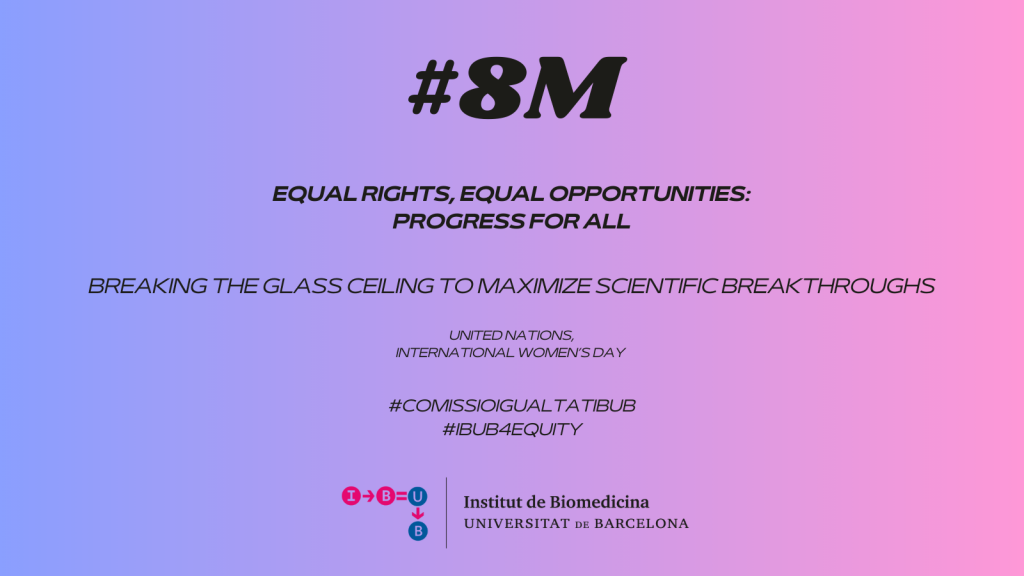Tumor cells are able to avoid the attack of the immune system through several mechanisms. For instance, these can secrete factors that turn macrophages –cells in the immune system– into dual action agents that contribute to the tumor progress and will protect it from immune body defences: these become, thus, the tumor-associated macrophages (TAMs).
An article published in the journal Cancer Research describes a new molecular mechanism that counteracts the immunosupressive action of these macrophaes to boost tumor growth, and brings knowledge of potential interest for the design of future therapeutical options against cancer. The preclinical study is led by the tenure-track 2 lecturer Annabel Valledor, from the Faculty of Biology and the Institute of Biomedicine of the UB (IBUB).
Among the participants are also the researchers of the Faculty of Pharmacy and Food Sciences of the UB, the Josep Carreras Leukaemia Research Institute, the Sant Pau Institute of Biomedical Research, the University of Las Palmas de Gran Canaria, University College London, and the Free University of Brussels, among others.
Reference article:
Carbó, J. M.; León, T. E.; Font-Díaz, J.; De la Rosa, J. V.; Castrillo, A.;Picard, F. R.; Staudenraus, D.; Huber, M.; Cedó, L.; Escolà-Gil, J.C.; Campos, L.; Bakiri, L.; Wagner, E.F.; Caelles, C.; Stratmann, T.; Van Ginderachter, J.A.; Valledor, A.F. “Pharmacological activation of LXR alters the expression profile of tumor-associated macrophages and the abundance of regulatory T cells in the tumor microenvironment”. Cancer Research, December, 2020. Doi: 10.1158/0008-5472.CAN-19-3360.
UB New [+]



